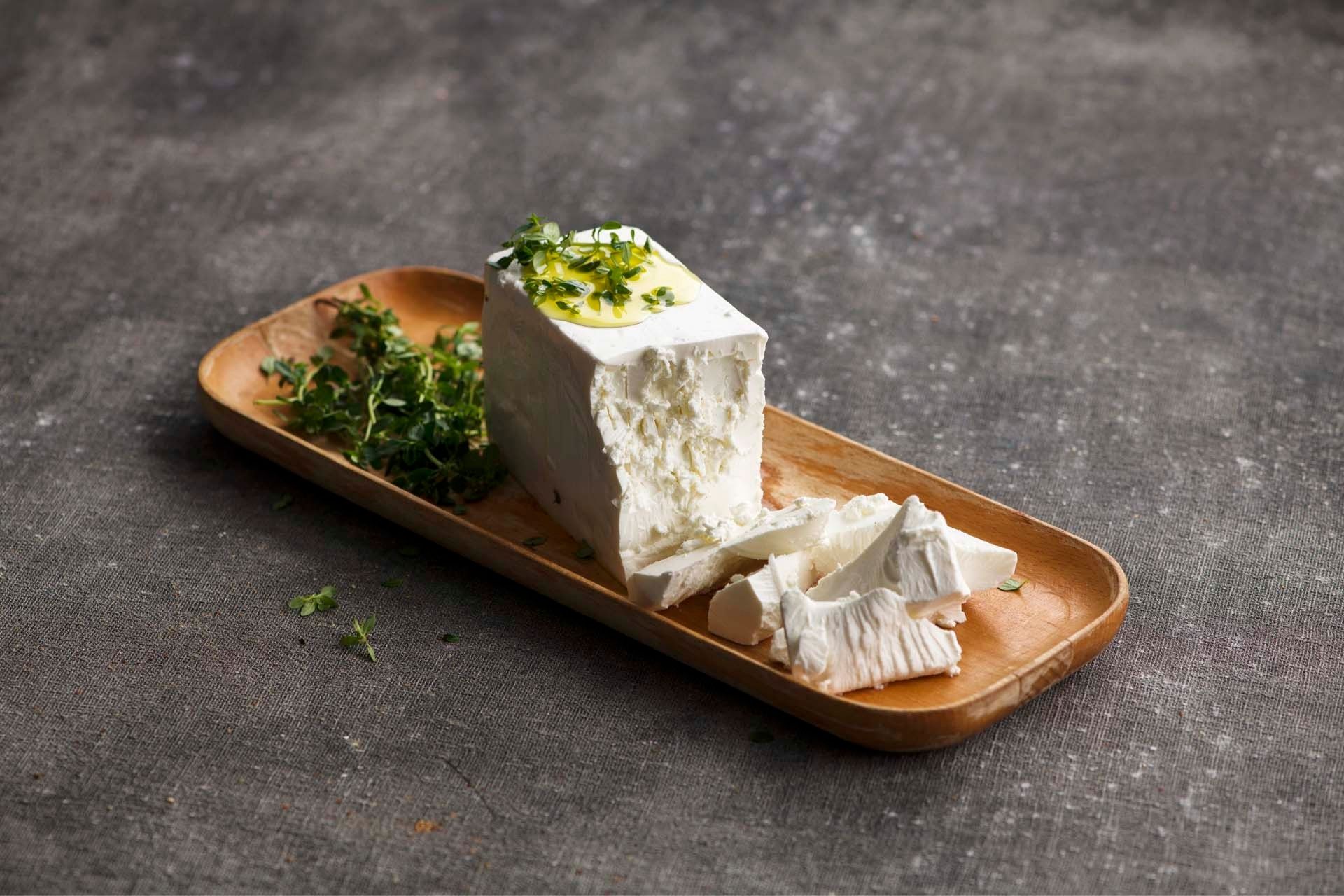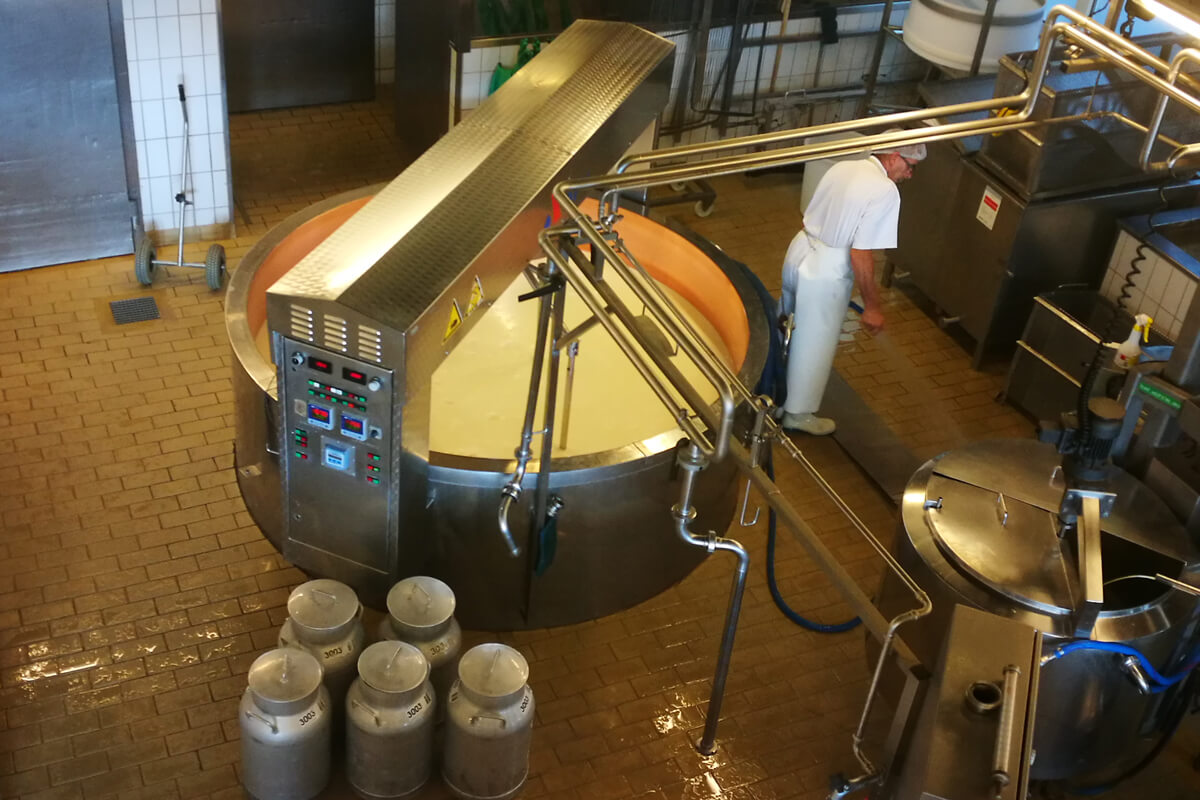Cheese Makers Melbourne: Crafting optimum Cheeses In Your Area
Discovering the Art of Cheese Production: Methods, Processes, and Developments in the Dairy Products Industry
The expedition of cheese production incorporates a varied range of techniques and processes that show both historical customs and contemporary innovations within the milk sector. By taking a look at the complex art of fermentation, aging, and modern production methodologies, one gains understanding into exactly how artisans and large-scale producers alike adapt to evolving customer preferences and sustainability challenges. As we consider the effects of these growths, it comes to be vital to examine how they will certainly shape the future landscape of cheese and its role in our diet regimens and cooking techniques.
History of Cheese Making
Mapping its origins to old people, the history of cheese making exposes a rich tapestry of cultural and technological development. Evidence suggests that cheese production dates back over 7,000 years, with historical findings from areas such as Mesopotamia and the Indus Valley showcasing early milk practices. These cultures used milk from domesticated pets, and through all-natural procedures of fermentation and curdling, they generated primary types of cheese.
As civilizations proceeded, the art of cheese making became extra refined. The old Egyptians and Greeks recorded their methods, that included a variety of milk sources and varied techniques for aging and flavoring cheese. The Romans better innovative cheese production, exporting their expertise across Europe, which caused local adaptations and distinct selections.
The Middle Ages experienced the facility of monasteries as centers of cheese manufacturing, where monks created distinct dishes that mirrored local tastes and offered sources. Throughout the centuries, cheese production has actually developed, influenced by aspects such as location, environment, and cultural practices. This rich history not just illustrates the resourcefulness of early societies however likewise lays the structure for the varied cheese selections took pleasure in today throughout the world.
Traditional Cheese Manufacturing Techniques
Conventional cheese manufacturing methods incorporate a selection of classic approaches that have actually been given via generations. These strategies, commonly region-specific, show the special social heritage connected with cheese-making. The procedure commonly starts with sourcing top quality milk, which can vary in type depending upon the preferred cheese.
Coagulation is achieved through the enhancement of rennet and occasionally an acid, causing the formation of curds. The curds are then reduced and carefully stirred, enabling whey to separate. This first coagulation phase is essential, as it affects the structure and moisture content of the end product.

Fermentation and Aging Procedures
Fermentation and aging procedures are integral to the advancement of cheese, happening after visit site the first coagulation and pressing stages. During fermentation, certain microbial societies are presented to the curds, helping with the conversion of lactose into lactic acid. This level of acidity not only aids in curd conservation yet also adds to the flavor profile and appearance of the last item.
As the cheese ages, biochemical reactions continue to take area, affecting its taste, scent, and texture. Various cheeses call for varying aging periods, which can range from a couple of weeks to a number of years, leading to unique characteristics.
Additionally, the visibility of mold and mildews or yeasts on the cheese surface can better boost taste complexity. Blue cheeses depend on particular mold societies to create their trademark preference profiles. In general, both fermentation and aging are vital in defining the individuality of cheeses, permitting artisans to develop a diverse array of items that cater to a vast array of tastes buds.
Modern Developments in Dairy Manufacturing
Developments in milk production have actually changed the cheese-making process, boosting effectiveness and product high quality. Technological innovations, such as automated milking systems and precision fermentation strategies, have streamlined procedures and improved uniformity in raw milk quality. These systems lower labor expenses and enhance pet welfare by permitting more comfy and efficient milking techniques.
Additionally, the unification of data analytics and IoT (Web of Points) devices has made it possible for dairy products manufacturers to keep track of different parameters, such as temperature level and moisture, in real-time. cheese store melbourne. This capacity makes certain ideal problems throughout the cheese-making procedure, resulting in a higher high original site quality final product
Additionally, developments in pasteurization approaches, including high-temperature short-time (HTST) pasteurization, have not only enhanced food security yet additionally preserved the delicate flavors and nutrients integral in milk.
Sustainable practices are also acquiring grip, with innovations in waste monitoring and renewable power utilization. Numerous producers are now taking advantage of biogas from dairy products waste, advertising ecological stewardship while at the same time reducing operational costs.
These modern developments collectively add to a more effective, lasting, and high-grade cheese production procedure, setting new standards in the dairy industry.
Future Trends in Cheese Sector
As celebrity market remains to progress, emerging fads are improving manufacturing, usage, and advertising methods. One considerable trend is the expanding need for artisanal and specialized cheeses, driven by customers seeking unique tastes and high-grade active ingredients. This change is encouraging producers to take on standard click resources techniques while incorporating modern-day technology for enhanced quality assurance.
Sustainability stays at the center of customer preferences, prompting suppliers to check out green methods, such as reducing water use, enhancing power usage, and utilizing naturally degradable packaging products. Additionally, technologies in plant-based cheese alternatives are expanding market opportunities, accommodating the raising number of vegan and lactose-intolerant customers.
Additionally, electronic marketing and shopping are transforming just how cheese is marketed and sold, making it possible for producers to link straight with customers and tailor their offerings to details demographics. Subscription services and on-line platforms are ending up being preferred networks for cheese distribution, improving access and benefit.
Last but not least, health-conscious trends are influencing cheese formulas, with manufacturers creating lower-fat, lower-sodium, and nutrient-enriched options to satisfy customer needs. As these fads continue to unfold, the cheese market is most likely to witness a vibrant transformation that lines up with contemporary customer worths and choices.

Final Thought
The exploration of cheese manufacturing discloses an intricate interplay of classic methods and contemporary innovations. Traditional approaches, rooted in historic practices, proceed to affect modern production while adjusting to progressing consumer choices. Fermentation and aging processes remain critical to taste growth, while advancements in modern technology boost effectiveness and sustainability. As the dairy sector welcomes health-conscious patterns and environment-friendly practices, the future of cheese production guarantees ongoing growth and innovation, guaranteeing its enduring relevance in culinary culture.